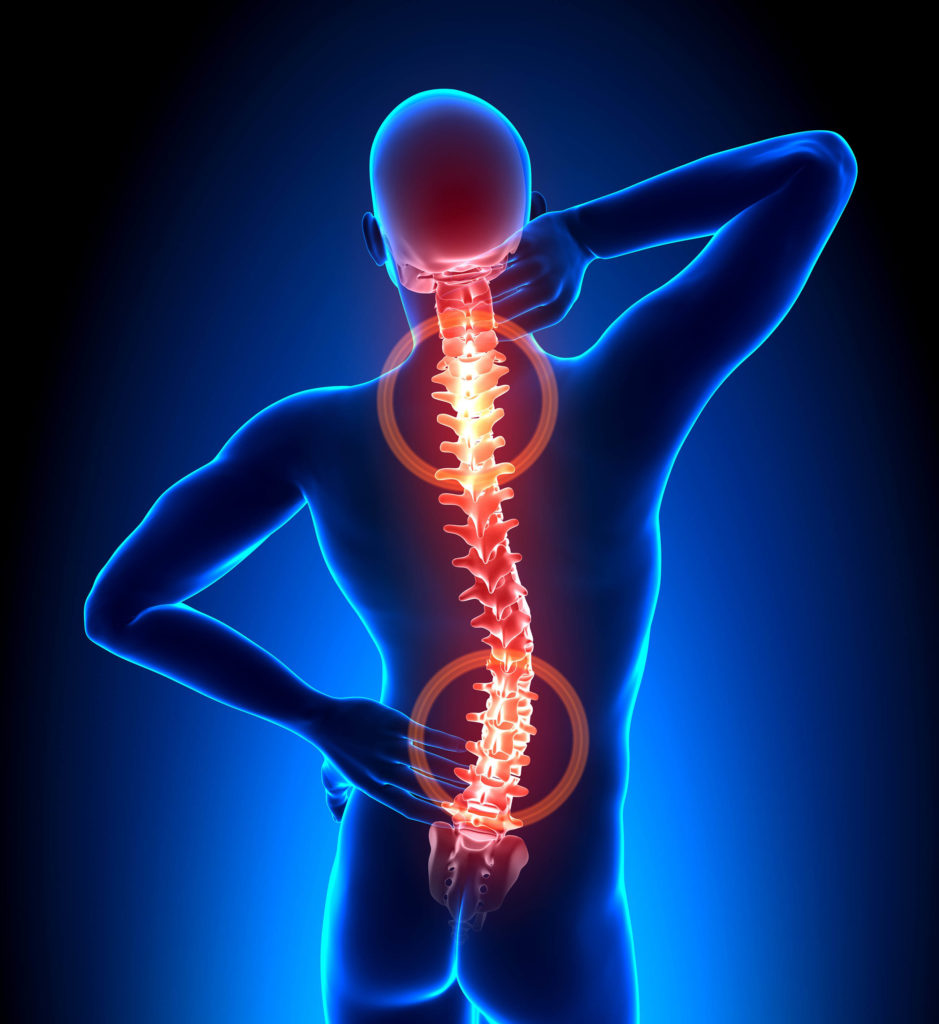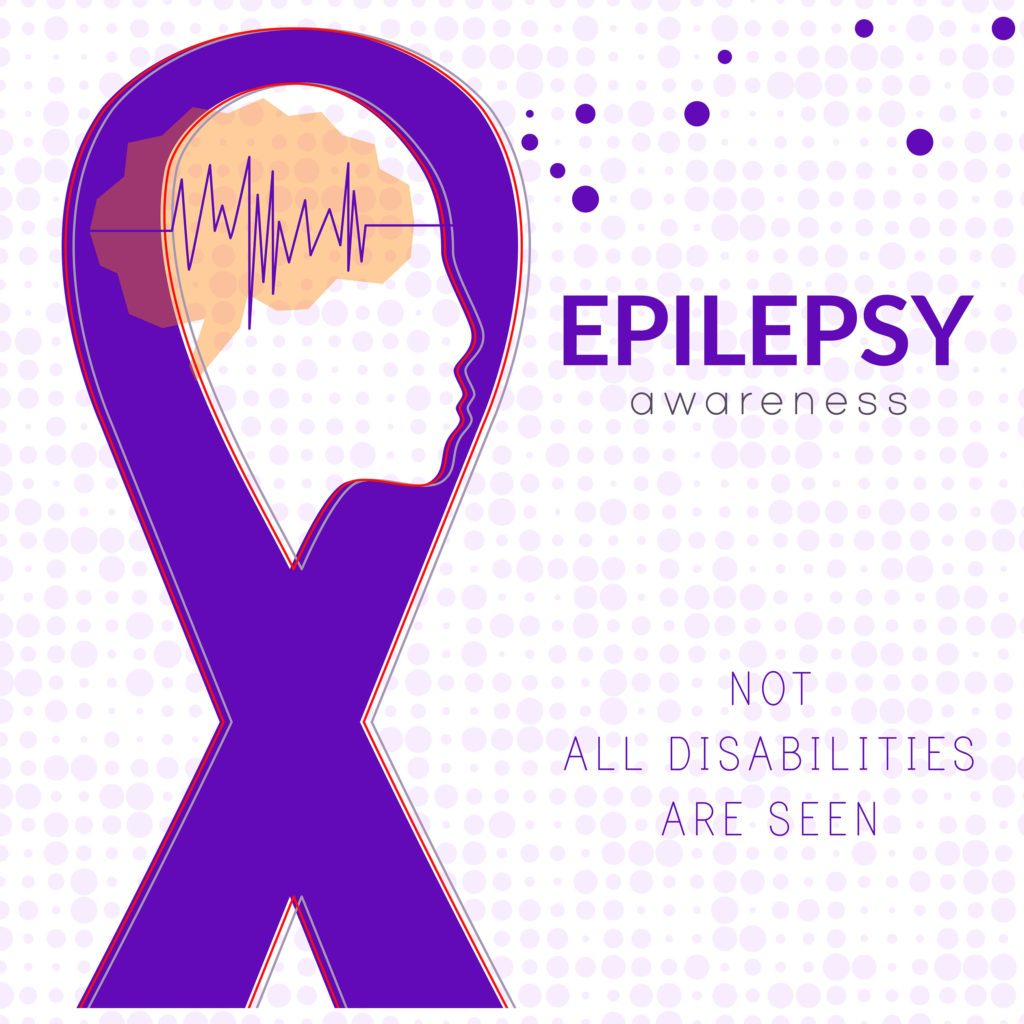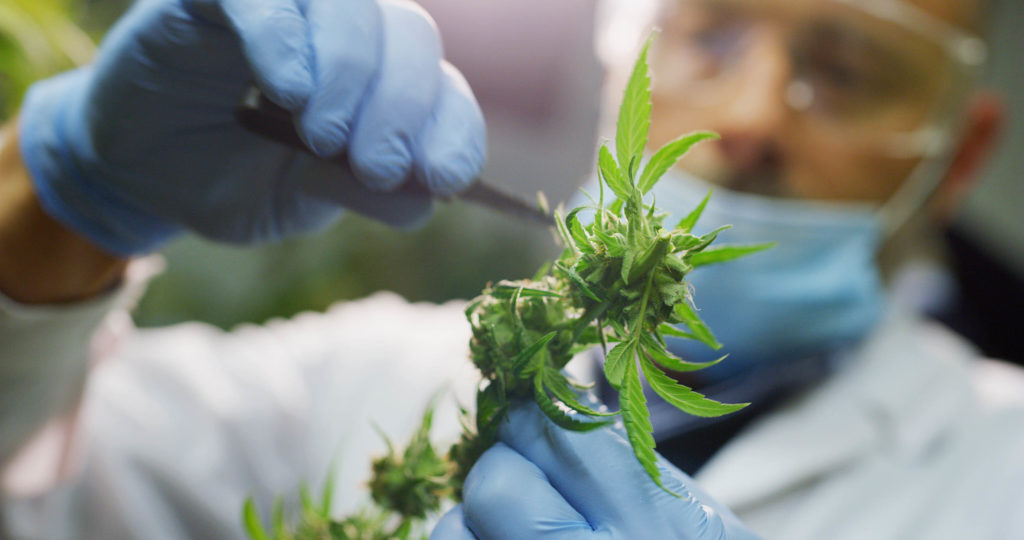For certain conditions, cannabis and cannabis-based medicines may be safer and more effective than current standard treatments. Medicinal cannabis patients in the US and elsewhere are beginning to replace or supplement conventional pharmaceuticals with cannabis, with very promising initial results.
Cannabis-based medications have already begun to replace a wide variety of conventional drugs in the management of common conditions, including chronic pain, epilepsy and insomnia. A 2015 Canadian cross-sectional survey found that 80.3% of 410 respondents substituted cannabis for at least one prescription drug.
As well as this, there’s evidence that some people are replacing alcohol and illicit drugs with cannabis – and potentially protecting themselves against serious health risks by doing so. The 2015 survey also found that 51.7% of respondents substituted cannabis for alcohol, and 32.6% for other illicit substances!
Another cross-sectional study in 2017 showed that nearly half of the 2,774 participants reported using cannabis as substitute for prescription drugs.
The case for substituting cannabis for opioids
A 2012 review of studies on the use of cannabis as a substitute or adjunct for opioids found generally encouraging results. Notably, a 1975 study compared THC and codeine, and found that 10mg THC was slightly less effective than 60mg codeine, but 20mg THC was slightly more effective than 120mg codeine.

In 1990, a double-blind study on a single patient showed that 5mg THC was as effective as 50mg codeine at managing chronic pain, with the added benefit of reducing muscle spasticity.
A 2016 retrospective cross-sectional survey assessed 244 medicinal cannabis patients suffering from chronic pain, in order to investigate changes in opioid usage and quality of life. The survey found that opioid use was reduced by an average of 64%, and that quality of life scores increased by an average of 45%. The average number of medications taken per patient dropped, as did the number and severity of side effects.
There appears to be a valid argument for replacing or combining opioids with cannabis for management of chronic pain. Patients are already significantly reducing opioid use after taking up medicinal cannabis, and anecdotal reports suggest some patients are using it to replace opioids entirely. However, although preliminary results are promising, randomised controlled trials will be needed to establish causation, appropriate dosages, and risk factors with greater certainty.
Using cannabis to treat opioid addiction
Cannabis may be a useful substitute for opioids in the management of chronic pain, but it has another, even more remarkable potential application as a substitute. Many opioids present a strong risk of addiction and physical dependence to the user. Once addicted, it can be extremely hard to wean the individual off the drug.
Over the last decade or so, research has begun to uncover a complex, intricate relationship between the endocannabinoid and opioid receptor systems. It’s becoming apparent that opioid addiction, and reward pathways in the brain and central nervous system, are influenced by the activity of the endocannabinoid system too.
A 2013 review on cannabinoid-opioid interactions and opioid addiction treatment goes into extensive detail on the subject. According to various peer-reviewed studies, the endocannabinoid system can mediate the activity of the neurotransmitter noradrenaline (also called norepinephrine) in the brain, and affect the response of the MOR (mu-opioid receptor). The precise relationship has not been determined – but as there is great potential value in exploring it, more research will no doubt be performed in coming years.
Furthermore, recent studies show that medicinal cannabis legalization is linked to less opioid-related hospitalizations and even a reduction in overdoses of opioid pain relievers. Thus, cannabis can make opioids not only more effective, but also less harmful and less likely to cause dependence in the user.

Substituting cannabis for antiepileptic drugs
For some severe forms of epilepsy, there are few (if any) existing drugs to choose from that successfully work to control the seizures. Thus, for types such as Dravet syndrome, the discovery of CBD’s ability to manage the associated seizures has indeed been close to miraculous.
In fact, GW Pharmaceuticals’ CBD-based antiepileptic Epidiolex has been granted orphan drug status in the US, meaning that it’s recognised as a treatment for a condition that has no other recognised treatments. Thus, for some forms of epilepsy, it has potential to be not so much a replacement as a new first line of defence.
However, there are various other forms of epilepsy that are traditionally treated with certain anticonvulsant medications such as phenytoin and phenobarbital. Many of these medications come with a range of side-effects that can be greatly debilitating. Furthermore, existing medications are only effective in around 70% of cases.
Several US states have included both child and adult forms of epilepsy as approved conditions treatable with cannabis. Now, some adult patients of epilepsy are finding that CBD-based treatments are as, or more, effective at managing seizures than conventional anticonvulsants, and without the severe side-effects.
There has been relatively little research into the potential for cannabis-based medications to treat common forms of epilepsy, and at this stage, there’s far more anecdotal evidence than experimental.
A 2015 open-label trial studied the effects of cannabidiol in managing seizures in 162 children and young adults aged 1-30 years and found that cannabidiol “might reduce seizure frequency and might have an adequate safety profile in children and young adults with highly treatment-resistant epilepsy”.
Other recent reviews have drawn similarly cautious conclusions. A 2014 review, Cannabidiol: Promise and Pitfalls, stated “there does seem to be a growing body of basic pharmacologic data suggesting there may be a role for CBD, especially in the treatment of refractory epilepsy. However, given the lack of well-controlled trials, we must also ask if we are getting ahead of ourselves”.
Thus, the case for replacing anticonvulsants with cannabis for common forms of epilepsy is not as compelling as with opioids, but the volume of positive patient reports suggests that there is certainly more research to be done.
Other medicines that cannabis could replace
As well as the above-mentioned opioids and anticonvulsants, cannabis and cannabinoid compounds have shown promise in many other areas too. Here’s a few examples of pharmaceuticals that cannabis could potentially replace.
Antipsychotics
This is one class of medicine that could be replaced by cannabis-based drugs, particularly those based on CBD, which is known to have various antipsychotic properties. A review of existing 66 studies on CBD and psychosis was published in 2014, which concluded: “Given the high tolerability and superior cost-effectiveness, CBD may prove to be an attractive alternative to current antipsychotic treatment.”

Anti-insomnia medications
This could be another candidate for replacement with cannabis. There have been various studies over several decades into the effects of THC and CBD on sleep onset, duration and quality. Here are a few studies that support this:
- A 1973 study showed that THC could speed onset of sleep and reduce sleep interruptions.
- A 1981 study showed that CBD could increase duration of sleep.
- A 2010 randomised controlled trial on fibromyalgia patients showed that the synthetic cannabinoid nabilone could improve sleep quality better than amitriptyline, a once commonly-prescribed treatment for chronic insomnia. However, conclusive evidence remains to be found.
ADHD medications
Medications such as Ritalin and Adderall are not effective for all patients suffering from ADHD. A 2015 study found that each of the 30 participants, none of whom responded to Ritalin or Adderall, experienced “improved concentration and sleep, and reduced impulsivity” after treatment with cannabis. Twenty-two patients even opted to replace their prescribed medications with cannabis.
Anxiety and depression
Research clearly shows hope for treating both anxiety and depression with cannabis. A 2016 survey of 1429 subjects revealed that more than 58% of them used cannabis for anxiety. On average across the entire study, nearly 90 percent saw an improvement in symptoms for the condition they were using cannabis for. The University of Washington published a report detailing how and why cannabis may be so helpful for anxiety.
As for depression, cannabis may be able to “stabilize mood and ease depression”, according to Research Institute on Addiction’s senior research scientist Samir Haj-Dahmane, PhD. It may even be helpful for those suffering from PTSD.
What about cannabis as a replacement for chemotherapy?
There have been many studies suggesting the ability of various cannabinoid compounds including THC and CBD to help treat symptoms of cancer and even have a direct effect on cancer cells. Along with this, there have been abundant anecdotal reports of patients apparently curing themselves of various cancers using cannabis oils and extracts. One such report is of a man in the UK who supposedly shrunk his lung cancer tumours within three months of when he started using CBD oil drops. Of course these are anecdotal, the lowest quality of scientific reporting.
However, many existing studies have been performed either on animals or on human cell cultures in vitro (in a petri dish) rather than in vivo (in living patients). Thus, they are of limited usefulness compared to clinical trials on humans – which are problematic for various reasons.
Recently, we’re seeing more research using live animals. One 2018 study even showed that mice with pancreatic cancer treated with CBD, in addition to chemotherapy, survived nearly three times longer than those treated with chemotherapy alone.

Running a clinical trial that actually withholds chemotherapy in order to assess whether cannabinoid therapies could serve as an effective standalone treatment is almost impossible, given the potential risk to participants.
In order to gain accurate, precise results on the potential of cannabinoids to act as single-agent treatments for cancer, more clinical trials are urgently needed. A 2016 review in Current Oncology on the use of cannabinoids as anticancer agents goes into extensive detail on the subject, and concludes:
“To summarize, cannabinoids induce tumour cell death and inhibit tumour angiogenesis and invasion in animal models of cancer, and there are indications that they act similarly in patients with glioblastoma. Given that cannabinoids show an acceptable safety profile, clinical trials testing them as single drugs or, ideally, in combination therapies in glioblastoma and other types of cancer are both warranted and urgently needed”.
- Disclaimer:This article is not a substitute for professional medical advice, diagnosis, or treatment. Always consult with your doctor or other licensed medical professional. Do not delay seeking medical advice or disregard medical advice due to something you have read on this website.










I have Pemphigus & been pretty much constant flare for the last year! Steroids have taken a toll! Would love to know if there’s been any study/ trial using cannabis products¿
Hi Cheryl,
I’m sorry to hear about your condition. I can’t say with 100% certainty that there have been no trials, but I have just checked PubMed and unfortunately there are no results for ‘Pemphigus + Cannabis’. Hopefully there will be in the future.
With best wishes,
Scarlet
What about PTSD? Can it treat it???
Absolutely, altho I do recommend the indica strain when having things like nightmares or increased anxiety or insomnia, as I found the sativa strains In larger amounts can make the ptsd worse.
Good Morning Cheryl,
Thanks for your comment,
Great advice. Pure Sativas often have a tendency to increase anxiety, whereas Indicas focus more on the body high.
This article on What Is the Endocannabinoid System and How Does It Work? might also be of interest to you.
Enjoy the blog!
Mark
Hola llevo tomando 4días de tratamiento con canavis y no noto ninguna mejoría necesito saber si tarda un tiempo en hacer mejoría por favor necesito una respuesta gracias
Querido Pilar,
Gracias por tu comentario. Lamentamos saber de su situación. Lamentablemente, como Sensi Seeds no es una práctica médica, no podemos proporcionar ningún consejo relacionado con situaciones médicas que no sea consultar a su médico u otro profesional médico con licencia. Este artículo, escrito específicamente para los proveedores de atención médica que pueden no ser conscientes de las muchas propiedades del cannabis, puede ser útil para usted en hablar con su médico. También puede tratar de ponerse en contacto con grupos locales de apoyo para el cannabis medicinal, si aún no lo ha hecho. En el Reino Unido, existe la United Patients Alliance (se puede encontrar en Facebook) y en los EE.UU. y la UE hay muchas ramas de NORML (google NORML seguido de su nombre de área). Esperamos que esto sea útil.
Con los mejores deseos,
Scarlet
Dear Pilar,
Thank you for your comment. We are sorry to hear about your situation. Unfortunately, as Sensi Seeds is not a medical practice, we are not able to provide any advice relating to medical situations other than to consult your doctor or other licensed medical professional. This article, written specifically for healthcare providers who may not be aware of the many properties of cannabis, may be useful to you in talking with your doctor. You could also try to contact local medicinal cannabis support groups, if you have not already done so. In the UK, there is the United Patients Alliance (you can find them on Facebook) and in the US and EU there are many branches of NORML (google NORML followed by your area name). We hope this is helpful.
With best wishes,
Scarlet
I Completely Agree 100% ..I Had Rather use Cannibas instead of Alcohol espically if i have to drive .. Also For chronic Pain that i am not knocked out and in the bed .. You Cannot function with all the pain Meds .. There for You can not have a life .. As Chemo So much rather take my Chances with Cannibas…